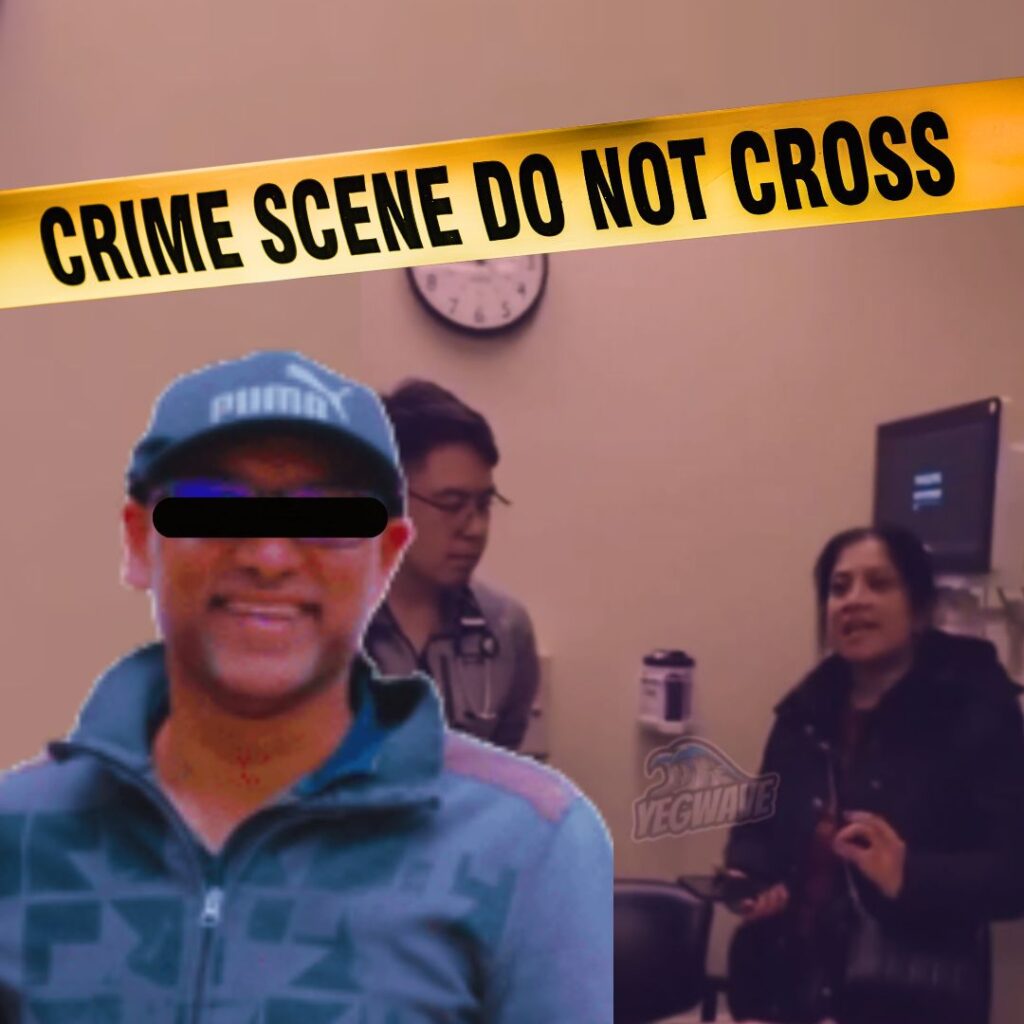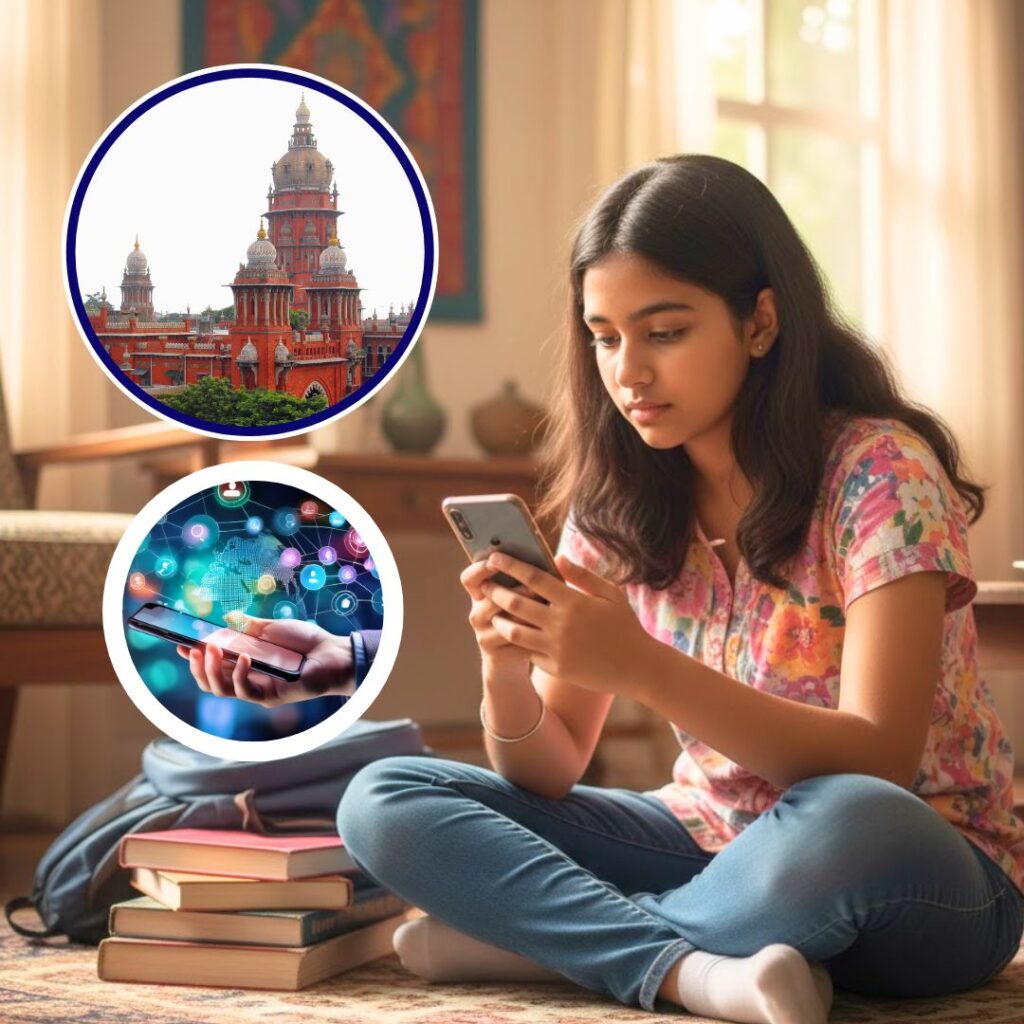“A small group that casts a very large shadow” – words that eloquently describe the work done by Majlis Legal Centre, Mumbai.
Flavia Agnes is a women’s rights lawyer. She is a pioneer of the women’s movement, and has worked consistently on issues of gender and law reforms. As co-founder of MAJLIS, a legal and cultural resource center, her primary engagement has been to provide socio-legal support to victims of domestic and sexual abuse.
The Logical Indian interviewed Flavia Agnes on the crucial game changing issues affecting India at present. From the Triple Talaq case at the Supreme Court to the true context of secularism within the Indian fabric, Flavia Agnes provides a nuanced understanding of these very complex issues.
Majlis Legal Centre is an intervener at the Supreme Court in the triple talaq case. Citing its experience of working with such victims, Majlis Manch argues that based on the Quranic stipulations, the Supreme Court as well as various high courts in the country, have already declared instant and arbitrary triple talaq invalid.
1. How do you interpret the term secularism in India?
Contrary to the popular notion, the term ‘secularism’ is actually not generic but country specific. For instance in Europe there existed the Roman Catholic Church which had an autocratic political role. The aim for the revolutionist hence was to create a separation between the State and Church such that their roles were not intermixed. To rest control of civil matters with the State and leave the church with only the spiritual and sacramental aspect. This model was then incorporated in other countries. While this theory worked for most countries, in India it hasn’t because the social fabric here is much more complex and diverse. We do not have the same kind of genealogy and history.
At the time of Independence, our national leaders although enamoured by the western concept of human rights, freedom and democracy, recognised that the heterogenous polity of India required for a different interpretation of secularism. For us it was ‘equal protection to all religions’. Our struggle wasn’t against the religions and the control they would exert on civilian matters but against the colonial powers and their policy of ‘Divide and Rule’. They hence formulated laws that focused on ‘protecting minority rights’ while allowing a wide birth to the majority religious denominations and advocated the right to freely profess one’s religion. Our focus was to create a safe space for all cultures to flourish. The Constitution therefore has provisions which ensure that the State does not discriminate against minorities, allocates funds for their propagation etc.,
Moreover India doesn’t just have religious minorities but also cultural and tribal communities for whom traditions are very important. These form a part of their internal governance in dispute resolution mechanisms at local level. The same is also true among more widespread religious groups. For example Churches have their own mechanism for dissolution of marriage, distinct from say Muslims who employ Darul Qazis or Hindus who have caste panchayats. Hindu law itself acknowledges the various forms of traditional marriages and divorces; there is no specifically defined format. All rituals and customs of the community are accepted unless of course when they violate the right to life, dignity, individual liberty, public order etc., The State can only interfere if any of these reasonable restrictions are violated.
2. Can you provide a brief over view of the triple talaq controversy?
Now, the debate around triple talaq started when an NGO Bharatiya Muslim Mahila Andolan (BMMA) which works with poor Muslim women did a study on the issues affecting Muslim women in matters such as marriage and rights within the family, and brought out a report. It had two parts. The first part focused on the empirical study of the actual situation of Muslim women concerning marriage, divorce, maintenance, child custody, property rights, etc. They compiled a statistical analysis of the responses based on their survey. The second part focused on ‘views’ or ‘impressions’. An impression being a question such as ‘do you oppose triple talaq ?’ or ‘Do you think polygamy should be banned ?’ Majlis studied the profiles of these women who were interviewed, and realised that there is no co-relationship between the actual responses and the views. These were merely opinions and not database of the empirical study. None of these women were actually in a polygamous relationship. Also none of the questions directly addressed the issue of arbitrary triple talaq in one go. The study was later criticised by journalists and legal scholars as not scientific and rather superficial.
Moreover the BMMA based their study on only 4,700 interviews but the claim was that it was a ‘a nation-wide research?’ This question has in fact even been raised before the Hon’ble Supreme Court. The organisation claims to h…











